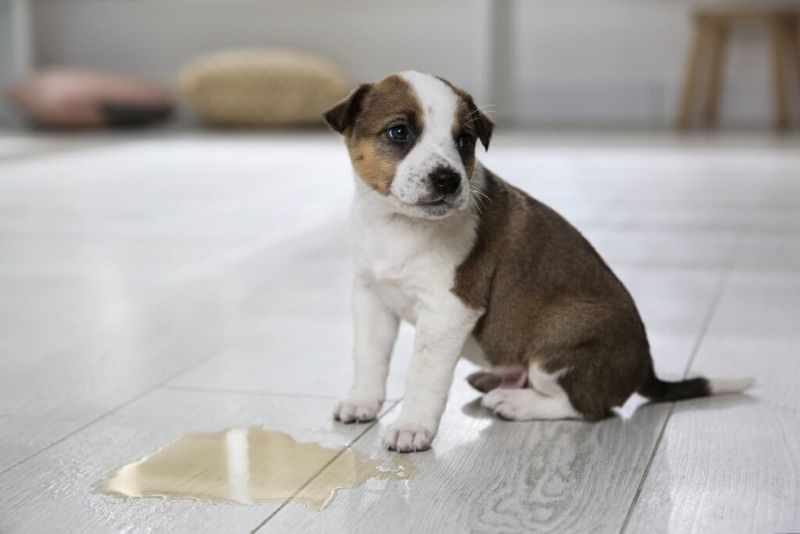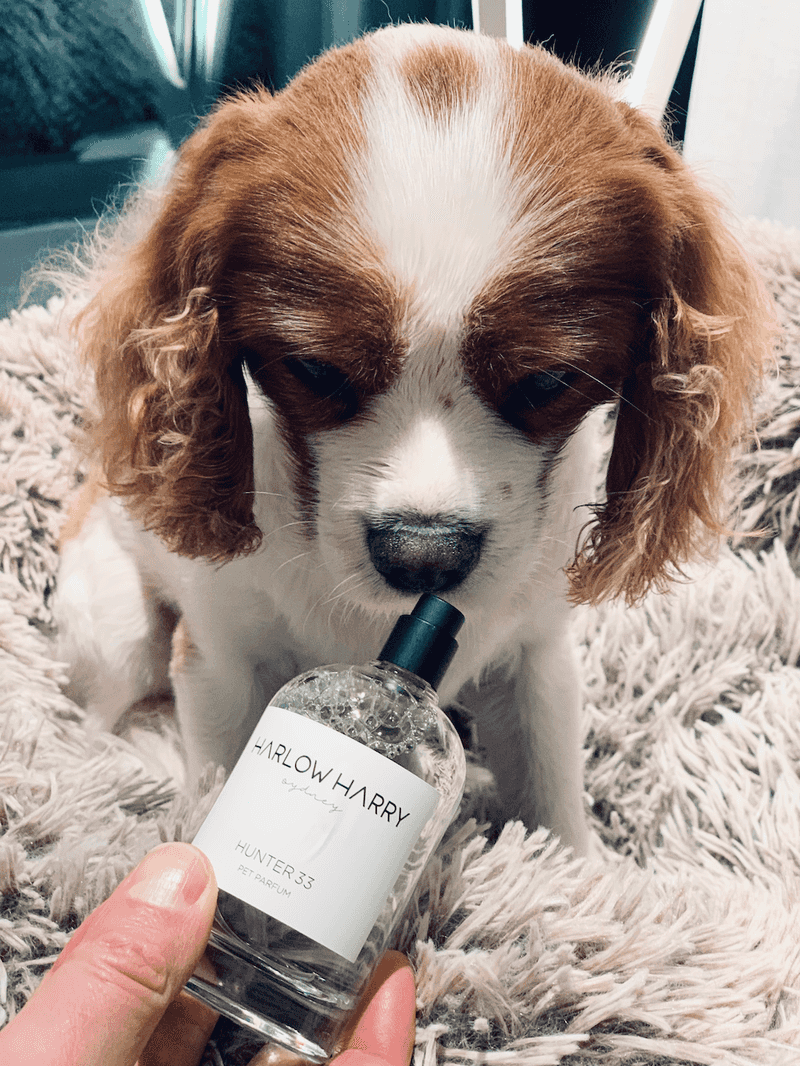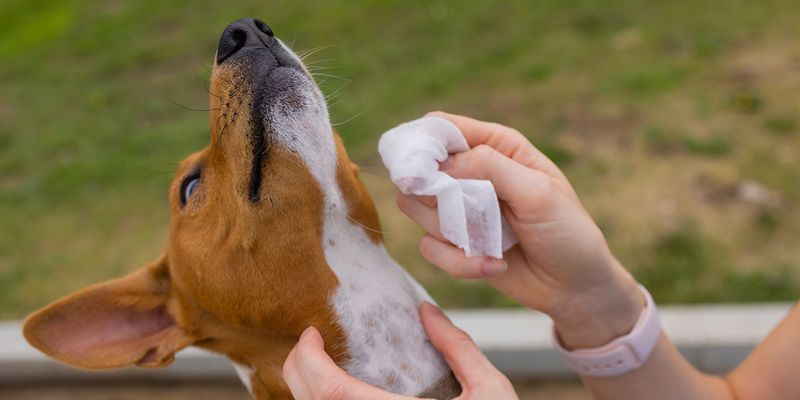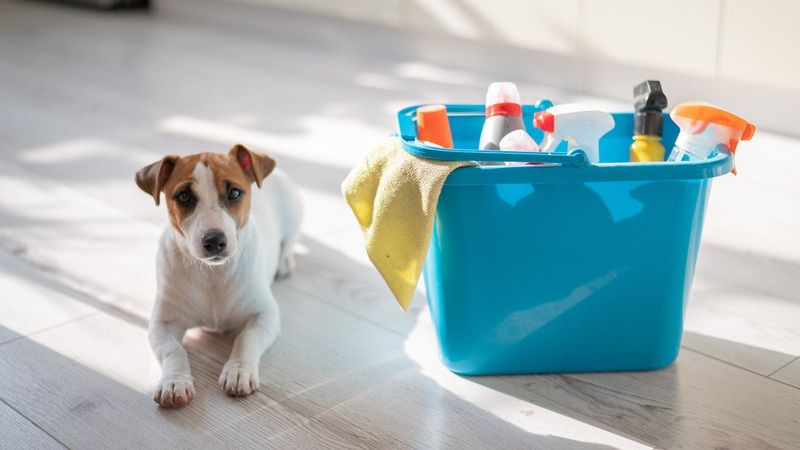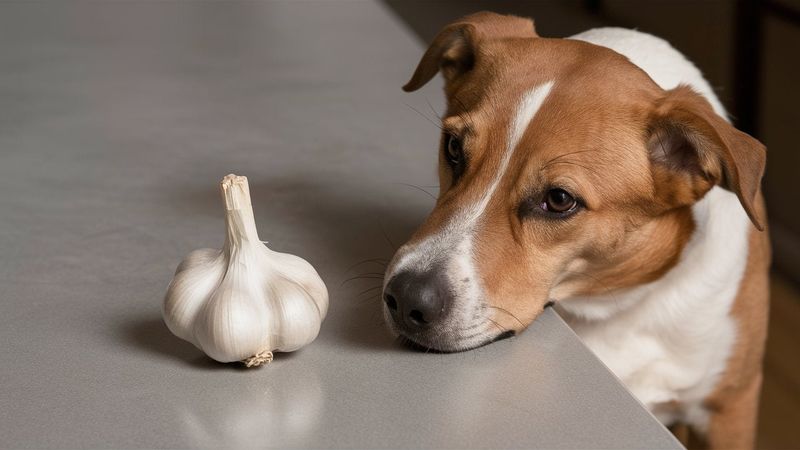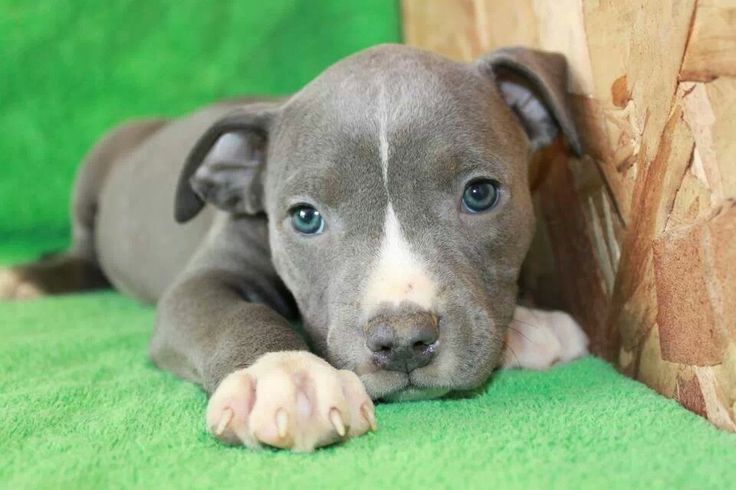11 Surprising Smells Dogs Hate That Might Be in Your House Right Now
Dogs experience the world primarily through their extraordinary sense of smell, which is estimated to be 10,000 to 100,000 times more sensitive than that of humans. Their noses are equipped with up to 300 million olfactory receptors (compared to our mere 5–6 million), making scent a dominant force in how they interpret and respond to their environment.
While we may enjoy the fresh zing of citrus, the clean bite of vinegar, or the floral notes of essential oils in our homes, these very same smells can be overwhelming—or even downright offensive—to our canine companions. In some cases, these scents may not just be unpleasant; they can trigger anxiety, avoidance behaviors, or health issues in dogs.
If you’ve ever noticed your dog acting strangely after cleaning, spraying air freshener, or lighting a scented candle, their sensitive snout may be the reason. Understanding which everyday odors are likely to irritate your dog can help you create a more peaceful and pet-friendly home—and potentially shed light on some of your dog’s more puzzling reactions.
Here are 11 scents that dogs absolutely hate—and why you might want to think twice before using them around your pup.
1. Citrus Fruits Make Dogs Turn Away
The bright, zesty aroma that makes your kitchen smell fresh can send your dog running in the opposite direction. Dogs naturally dislike the compounds found in lemons, oranges, and grapefruits.
Many homeowners use citrus-scented products thinking they smell clean and inviting, unaware their pets are suffering silently. The oils in these fruits contain limonene and linalool, which repel dogs but attract humans.
Check your fruit bowl, cleaning supplies, and air fresheners for these scents. That mysterious behavior where your dog avoids certain rooms might be explained by the citrus-scented diffuser or cleaner you’re using there.
2. Vinegar’s Sharp Scent Bothers Sensitive Noses
Wonder why Fido leaves the room during cleaning day? Vinegar’s acidic smell overwhelms your dog’s sensitive olfactory receptors. This natural cleaning staple might be eco-friendly for humans but creates an uncomfortable environment for pets.
White vinegar, apple cider vinegar, and cleaning vinegar all produce that characteristic sharp odor dogs find offensive. The acetic acid that gives vinegar its distinctive smell can be detected by dogs even when diluted to levels we can barely notice.
Consider ventilating well when using vinegar-based cleaners or switching to pet-friendly alternatives for areas where your dog spends most of their time.
3. Ammonia Smells Like Danger to Dogs
Found in many household cleaners, ammonia creates a particularly stressful experience for dogs. Their powerful noses detect ammonia at concentrations far below human perception thresholds.
The smell resembles urine, which explains why dogs react so strongly – it triggers instinctive responses related to territory marking. Your furry friend might become anxious or confused when ammonia-based products are used around the home.
Window cleaners, floor polishes, and some bathroom products often contain this chemical. Always check labels and opt for ammonia-free alternatives to create a more comfortable home environment for your four-legged family member.
4. Spicy Chili Peppers Create Canine Discomfort
The capsaicin that gives chili peppers their kick doesn’t just burn human tongues – it irritates dogs through smell alone. Your kitchen adventures with spicy foods might be causing your dog genuine discomfort.
Dogs’ mucous membranes are extremely sensitive to capsaicin compounds. Even the airborne particles from chopping jalapeños or cooking with cayenne can trigger sneezing, watery eyes, or complete avoidance behaviors in your pet.
Notice your dog mysteriously disappearing during taco night? Now you know why! Consider using a kitchen fan when preparing spicy meals and storing hot peppers in sealed containers to minimize the scent that permeates your home.
5. Perfumes and Colognes Overwhelm Canine Senses
Your signature scent might be pleasant to human noses but overwhelming to your dog. Perfumes and colognes contain concentrated fragrance compounds that can bombard your pet’s sensitive olfactory system.
Dogs experience these strong fragrances much like we would experience someone shouting directly into our ears – it’s sensory overload. The alcohol base in most perfumes compounds the problem, creating a double-whammy of unpleasant smells.
If your dog suddenly avoids cuddles or leaves the room when you approach, your fragrance choice might be the culprit. Consider using less product or switching to lighter, more natural scents when spending time with your furry companion.
6. Rubbing Alcohol Creates Instant Aversion
That medicinal smell of isopropyl alcohol triggers an immediate negative reaction in most dogs. The sharp, chemical odor is particularly offensive to their sensitive noses and can cause stress responses.
Many household products contain alcohol – from first aid supplies to electronics cleaners. Dogs might associate this smell with unpleasant experiences like vet visits or ear cleanings, intensifying their natural dislike.
When disinfecting with alcohol-based products, ensure proper ventilation and keep your pet in another room until the smell dissipates. Your dog will appreciate this simple consideration that protects their sensitive senses from unnecessary chemical assault.
7. Nail Products Contain Harsh Chemical Odors
The strong smell of acetone in nail polish and removers doesn’t just make humans wrinkle their noses – it’s genuinely distressing to dogs. These products release volatile organic compounds that linger in the air long after use.
Your at-home manicure session might explain why your dog suddenly needs to be in another room. The chemical compounds in these products can irritate dogs’ respiratory systems and trigger avoidance behaviors.
For pet-friendly nail care, consider using your bathroom with the fan on and door closed, or opt for newer water-based nail polishes that produce fewer fumes. Your dog will thank you for not subjecting them to this particularly offensive chemical cocktail.
8. Mothballs Drive Dogs Away With Potent Odor
Those small white balls protecting your woolens emit a powerful chemical smell that dogs find particularly offensive. Mothballs contain naphthalene or paradichlorobenzene – compounds specifically designed to produce strong, repellent odors.
While humans might barely notice older mothballs, dogs can detect their presence even when stored in closed containers or drawers. Their noses are so sensitive that even trace amounts can trigger avoidance behaviors.
Beyond being unpleasant for pets, mothballs are toxic if ingested. Consider switching to cedar blocks, lavender sachets, or other natural moth deterrents that won’t create an olfactory nightmare for your four-legged friend.
9. Essential Oils Can Be Overwhelming or Toxic
The concentrated plant extracts in your diffuser might be natural, but they’re far from dog-friendly. Eucalyptus, tea tree, cinnamon, and many other popular essential oils contain compounds that dogs find overpowering or irritating.
Their concentrated nature means these oils release potent scents that can overwhelm canine senses. Some, like tea tree oil, aren’t just unpleasant but potentially toxic to dogs even when diffused in the air.
Before using that trendy essential oil diffuser, research which oils are safe around pets. Consider diffusing only in rooms your dog doesn’t frequent, and always provide a scent-free retreat where your pet can escape overwhelming aromas.
10. Bleach-Based Cleaners Create Chemical Distress
The strong chlorine smell of bleach products doesn’t just signify cleanliness to humans – it signals danger to dogs. Their heightened sense of smell detects the harsh chemical compounds at levels we might barely notice.
Many dogs show signs of distress when bleach is used – from sneezing and eye-watering to completely avoiding freshly cleaned areas. The chemical irritates their nasal passages and can cause genuine respiratory discomfort.
When disinfecting with bleach, dilute properly, ensure excellent ventilation, and keep pets away until surfaces are completely dry and the smell has dissipated. Better yet, explore pet-safe alternatives like hydrogen peroxide-based cleaners for routine disinfection.
11. Garlic and Onions Repel With Sulfur Compounds
The allium family members that add flavor to your cooking release sulfur compounds that dogs find particularly offensive. Chopping onions makes humans cry, but the smell alone can drive dogs from the kitchen entirely.
These pungent vegetables contain thiosulfinates and sulfoxides that create strong odors dogs instinctively avoid. Their wild ancestors learned to steer clear of these plants, which are actually toxic to canines when ingested.
Your dog’s sudden disappearance during meal prep might be self-preservation! Store these items in sealed containers, use ventilation when cooking with them, and remember that what makes your mouth water might be making your dog’s nose wrinkle in disgust.



